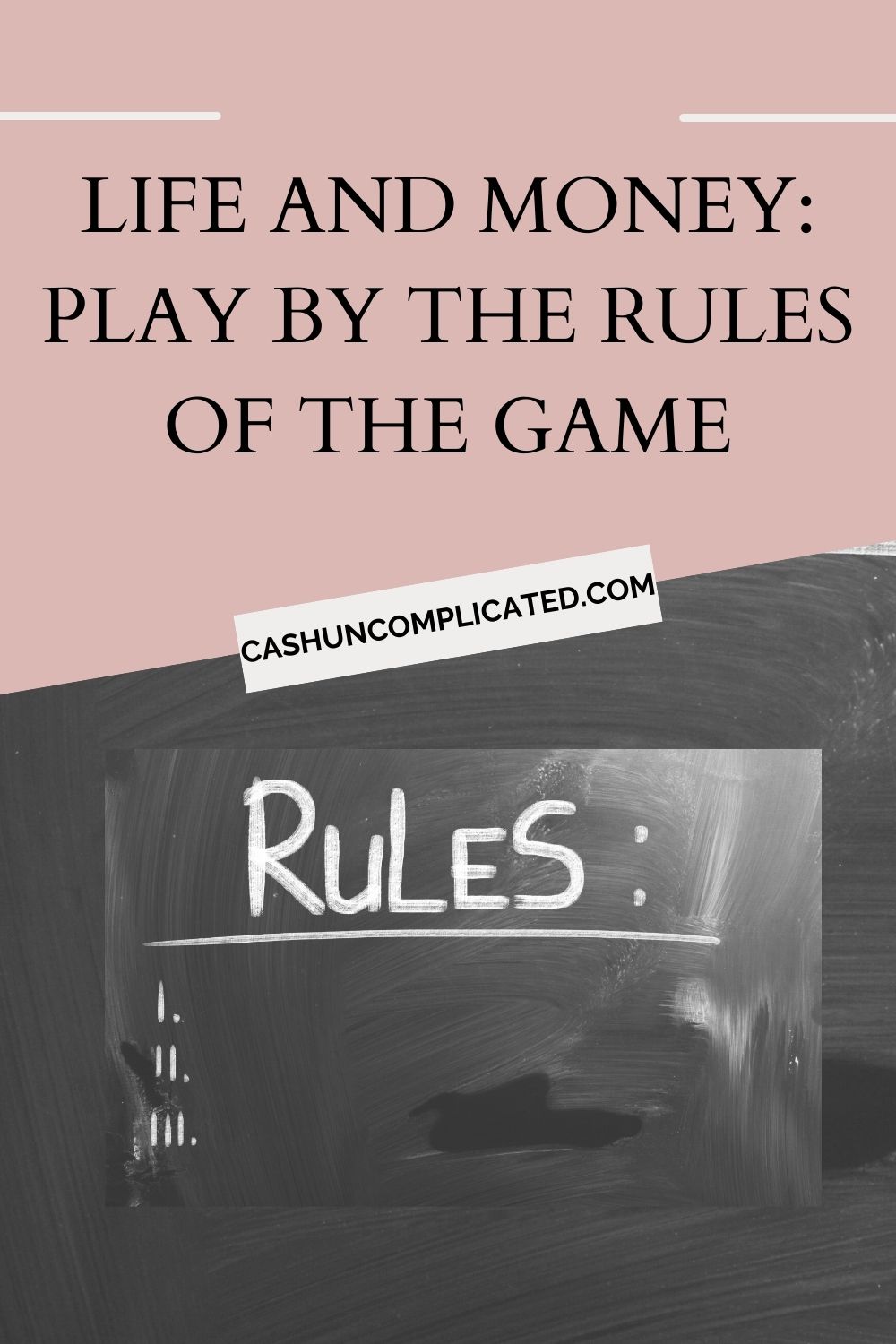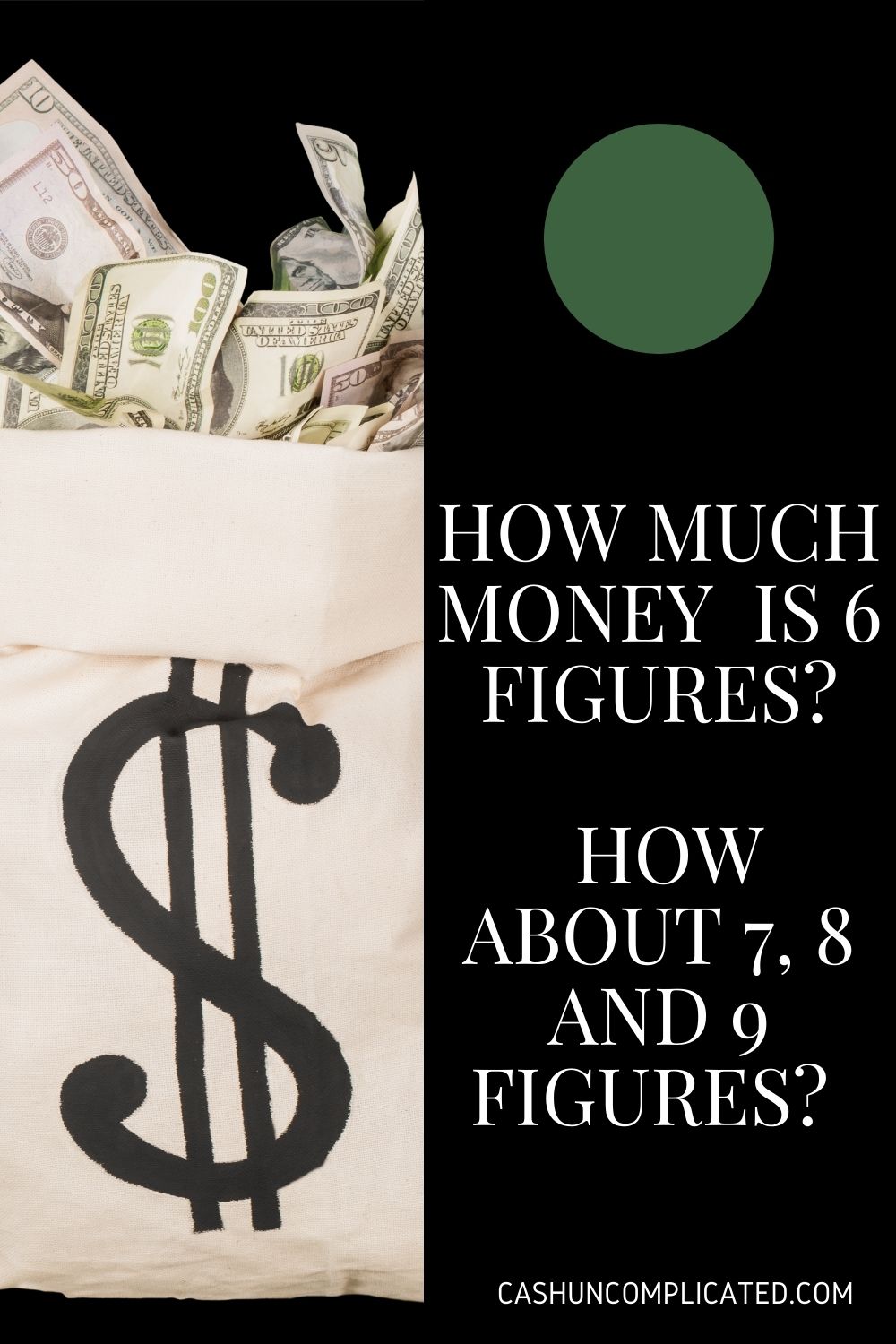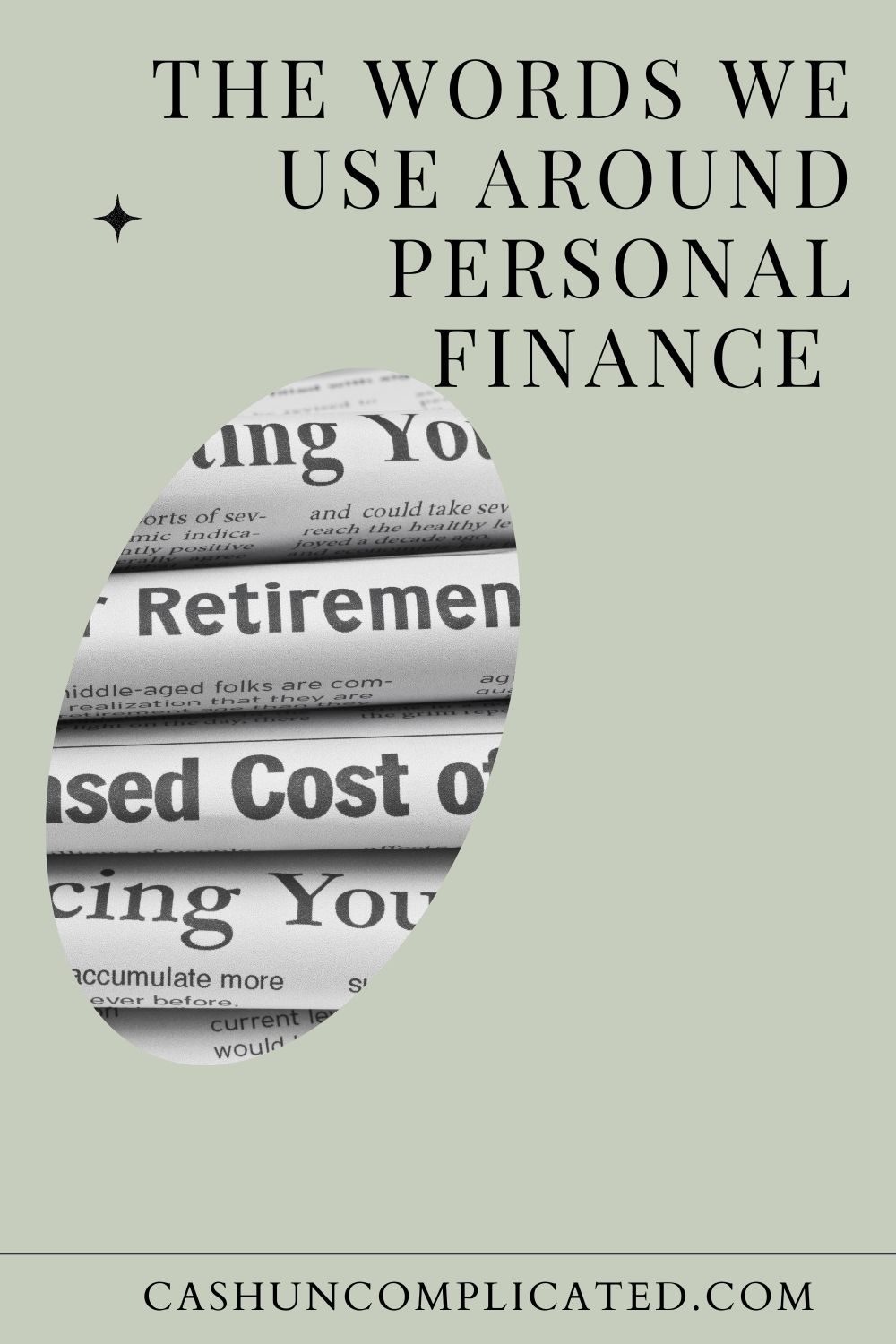I buy used books whenever I can. The books are almost always in really good condition, and come at half the price. Some books you’d never even be able to tell are used.
Other used books are not in the condition as advertised. Usually that’s in the form of highlighting, underlining, and some handwritten notes. It used to annoy me when I’d get books like this, but it’s actually turned out to open up a new insight into human behavior. A new insight that has helped me, and can help you.
The used books that have notes, underlining, and highlighting almost always have one thing in common. The people making the notes start off really strong. They make lots of notes, underline a lot of sentences, and highlight multiple lines.
Then something happens after the first couple chapters. There are visibly less notes and highlights. The person looks to still be reading the book because there are markings, but they are less and less frequent. Instead of a note or highlight on every page, it becomes every fifth or sixth page.
After a few more chapters, the markings taper off even more. By the middle of the book, there are almost no markings. And by the end of the book, there is usually nothing.
My takeaway from this is that people are not finishing the books they start.
So why aren’t people finishing the books they start? As I thought more about it, the answer became clear. People don’t finish a lot of what they start.
That’s not to say or imply that nobody ever finishes something they start. It’s just that all too often, people don’t finish what they start. Look around your house and your neighborhood, what has been started but not finished? A halfway completed landscape project, an art project a third of the way done, a rarely-used gym membership.
The list is long, and I’m guilty of it too. Before I finally completed my book last spring, I had too many starts and stops. I was supposed to have the book done in the spring of 2019 but I didn’t finish until a year later. And I had another book I started back in 2009 that I stopped after writing 14 pages. That’s not a typo. I really stopped after only 14 pages.
So what does this all have to do with personal finance you ask? It’s got everything to do with it in my opinion. To be good at anything, you have to see things through. Personal finance is no different.
Example One: Paying Off Bad Debt
Certain principles need to be followed for people to be successful with their personal finances. For example, one of the most important principles to follow is to pay off bad debt, such as consumer debt, car loans, and personal loans. Eliminating these debts will move you away from paying the banks every month to paying yourself.
Imagine someone with several bad debts they want to pay off, along with approximate monthly payments.
- Credit card: $4,300— $200/month
- Car loan: $14,200— $400/month
- Store credit: $1,100— $50/month
- Personal loan: $6,000—$250/month
- Total: $25,600— $900/month
Making one month of payments ($900) towards these debts is a great start but will make little difference in the overall debt. To make the biggest possible difference in the overall debt, it needs to be paid off.
Finishing the debt payoff will eliminate $25,600 of debt and $900 per month in payments. All of that money will go from paying the banks to paying you directly.
The argument could be made that paying off just a little of the bad debt will make a difference in the overall financial picture. Which in theory is true, but in reality, is probably not. To illustrate the point, here’s what would happen if only part of the bad debt is paid off.
- Credit card: $4,300— $200/month
- Car loan: $14,200— $400/month
- Store credit: $1,100— $50/month
- Personal loan: $6,000—$250/month
- Total: $25,600— $900/month
- New total: $17,500—$600/month
This eliminates $350 per month of bad debt. Which is really good progress, but not enough to stop. That still leaves $650 per month of bad debt, which is a lot of money in my book.
For someone who is going to finish paying off the debt, this is great progress and part of the process. However, for someone who decides to stop at this point, well before the debt is paid off, it supports two dangerous mindsets.
Number one that it’s satisfactory to not finish something important. Number two, that it’s acceptable to have lots of bad debt. Someone with this mindset is likely to tolerate even more bad debt, and never really be able to get out of the hole.
Finishing accomplishes two things. First of all, it gives you the desired end result of paying off the debt. Secondly, it reinforces and supports the mindset that you are a finisher that gets things done. Finishers take on, and finish, other projects. Those results compound.
Example Two: Paying Yourself First
If you begin to pay yourself first for one month, that’s a good start. But it’s not going to move the needle much in terms of building long term wealth or improving your life. However, if you continue following this principle for a couple years, your finances will be in noticeably better shape.
Follow for several years, and you’ll have life changing money. Follow for the rest of your life and you’ll be wealthy. Paying yourself first for one month is an example of starting. Sustaining the habit for the rest of your life is finishing. Starting is great, but finishing will change your life.
I’ve heard successful people say it’s important to know when to stop when something isn’t working. It may seem contradictory, but I agree with that statement.
What I think people are referring to is when the best case end result isn’t going to be worth the time, money, or effort. Then it’s important to stop. That’s much different from stopping for no good reason other than you don’t want to do it anymore.
For example, someone who entered a bad business deal that will take another $25,000 out of pocket just to break even over the next five years. As the deal progressed, new information was learned to support the decision to end the business. That’s a much different scenario than starting and stopping on a whim.
Or getting out of a toxic personal or business relationship, where the best case scenario is you are still with that toxic person. That too is much different than randomly stopping what you started.
When I write about finishing what you start, I’m referring to finishing things that you are making clear progress on and value finishing. It’s going to take a lot more time and effort, but you’ve already put a lot of the work in. The blueprint is established; it’s just going to take more push to get it done.








